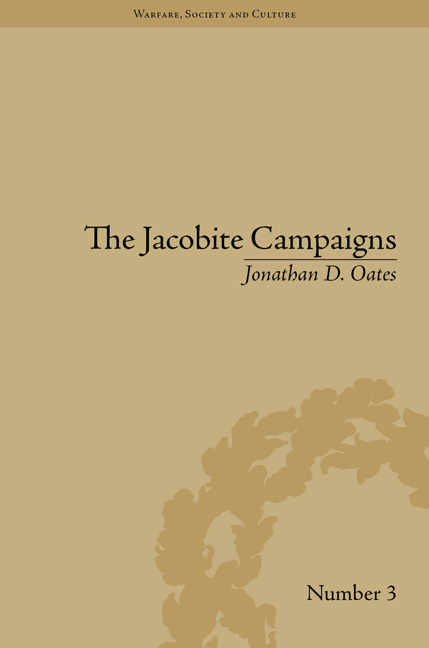Introduction
Summary
Much has been written about the Jacobite campaigns of 1715 and 1745, especially the latter, for both the popular and academic markets. Bruce Lenman, one of the foremost historians of Jacobitism, wrote, 31 years ago, ‘I have always respected the view that it is one of the misfortunes of Scottish history that far too much attention is focused on a limited number of personalities and episodes, such as Mary Queen of Scots and Jacobitism’. This large output has certainly been variable in quality since the eighteenth century, but there has been much that has been very impressive in recent decades, by historians such as Speck, Reid, Szechi, Black, Duffy and McLynn. All these concentrated on the campaign of 1745, with Duffy's volume being currently the standard work on the topic, and studies solely on the Fifteen have been limited to two volumes (and one forthcoming) in the past four decades. Usually the Fifteen is relegated to a single chapter or two in a more general study of the Jacobite campaigns or as articles in specialist publications.
The battles of the Forty-Five have been well covered, on the whole. There are seven books devoted to Culloden, one to Falkirk and another to Prestonpans, as well as one concentrating on all three. Those for 1715 and 1719 only appear in books on the campaigns as a whole, though a forthcoming study covers Preston.
- Type
- Chapter
- Information
- The Jacobite CampaignsThe British State at War, pp. 1 - 6Publisher: Pickering & ChattoFirst published in: 2014



